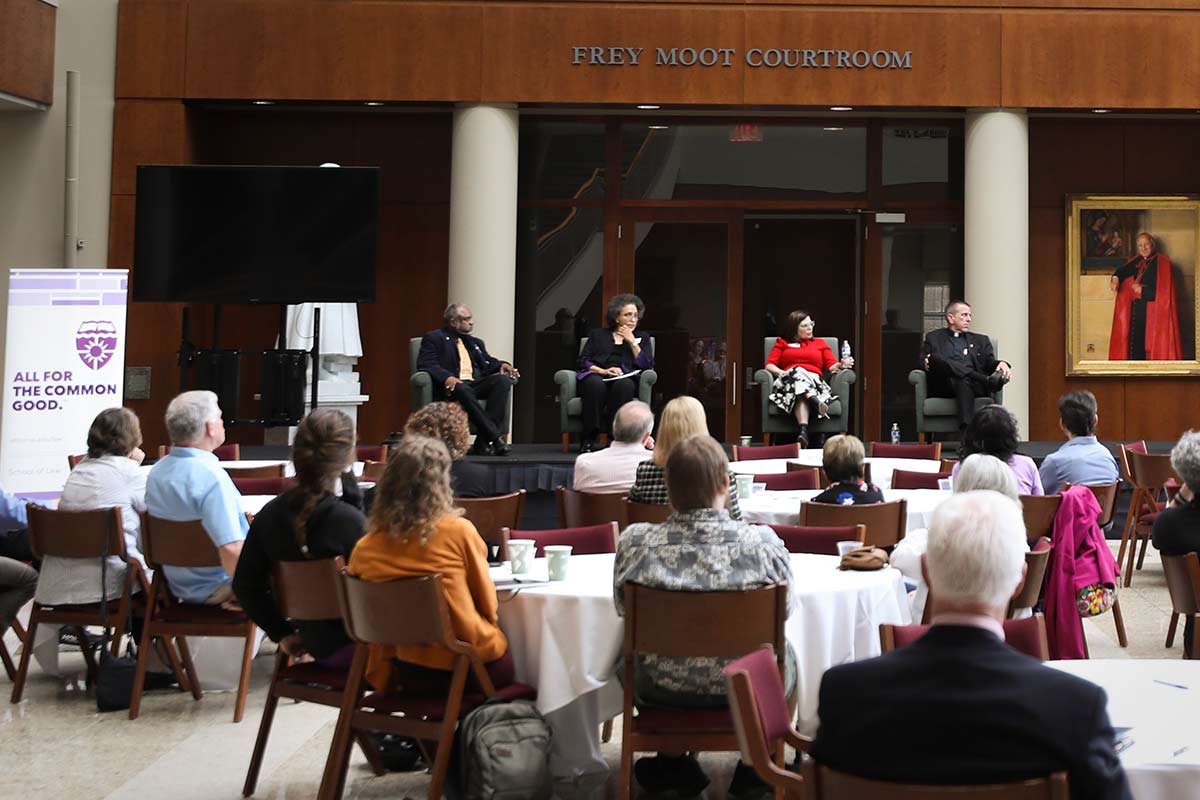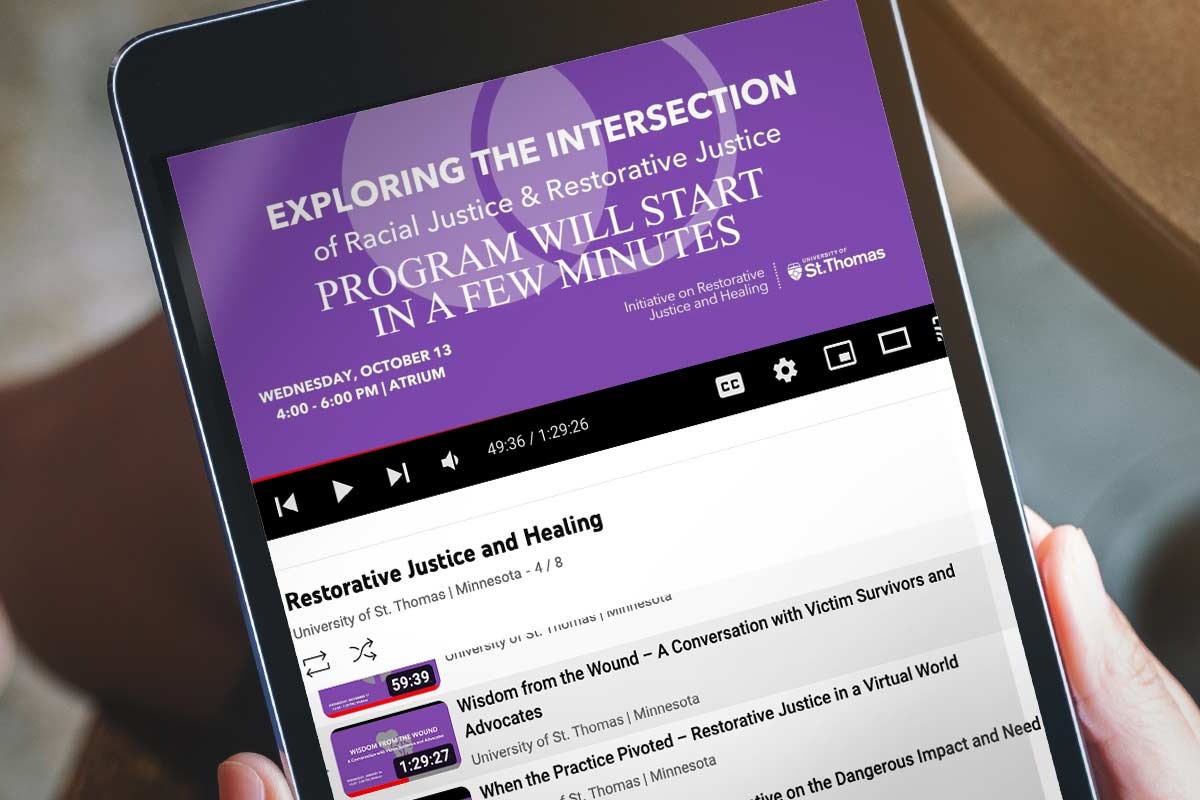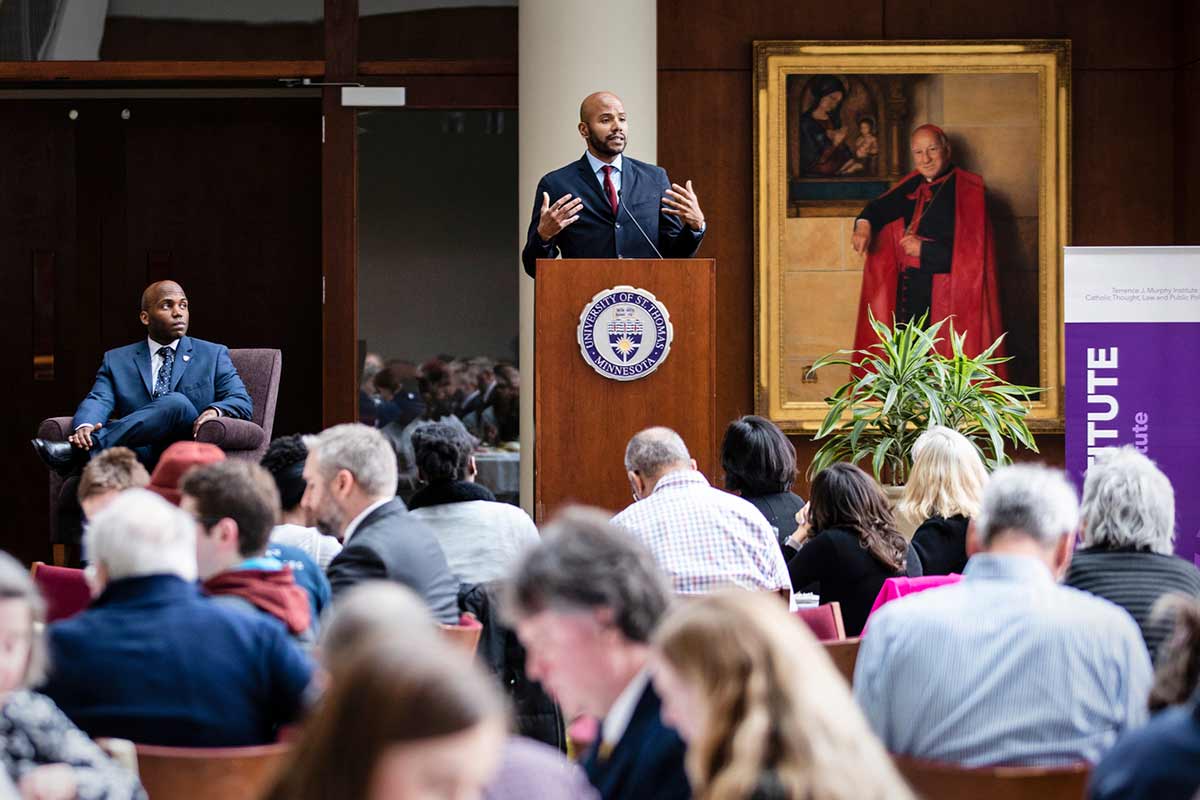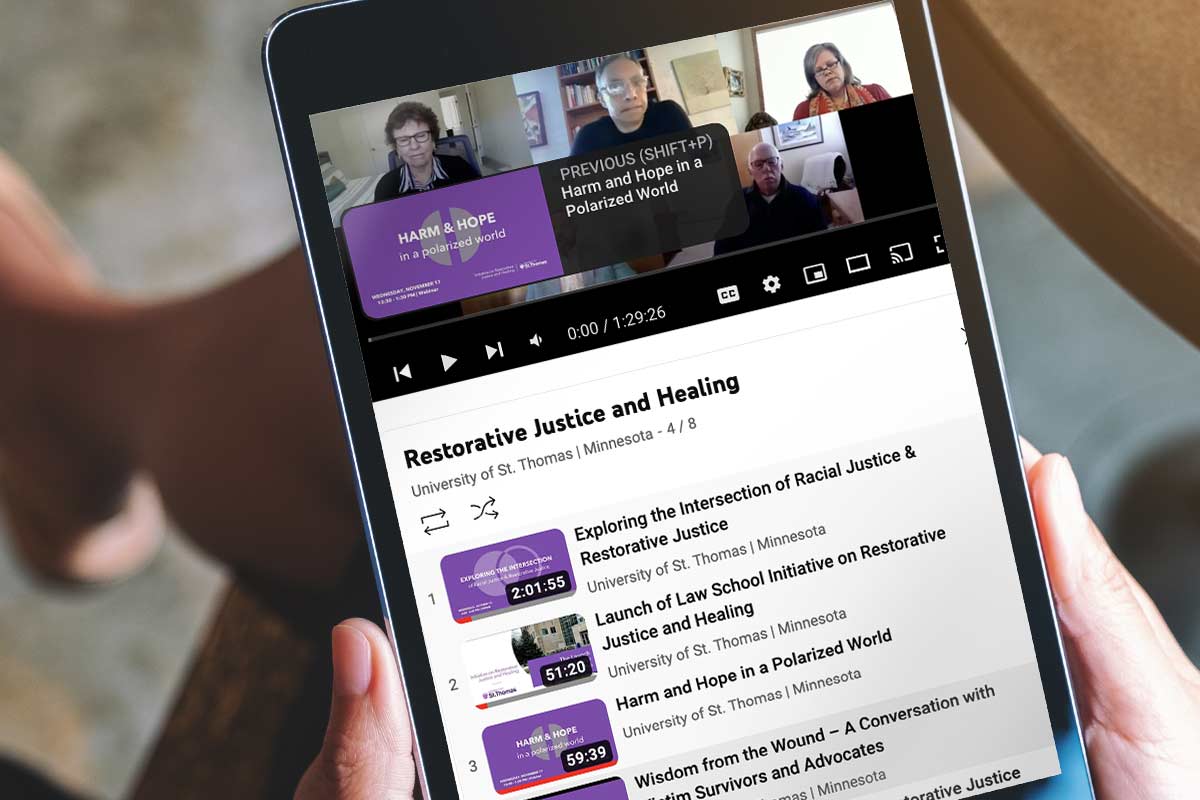
The Dignity of the Human Person and the Scourge of Utilitarianism
The dignity of the human person can rightly be traced to the Catholic intellectual tradition and has long provided a firm foundation for human rights and the concept of human and collective flourishing. Along with the common good, the dignity of the human person is a meta principle of Catholic social teaching (CST) and works along with the other CST principles to foster a more just and humane social order. The dignity of the human person asserts that all human persons are made in the image and likeness of God and thus have an inherent and inviolable dignity which attends human nature. To transgress this dignity in action, law or policy is an offense against justice and the common good. Others have arrived at the truth of human dignity from a more secular and non-theistic foundation – for example, the Universal Declaration of Human Rights recognized human dignity as a foundation for the human rights expressed in the international charter. Utilitarianism is a product of the Enlightenment and was born of the thought of the British philosopher Jeremy Bentham. Utilitarianism asserts that in social policy and law it is necessary in all cases to maximize pleasure and minimize pain – […]







